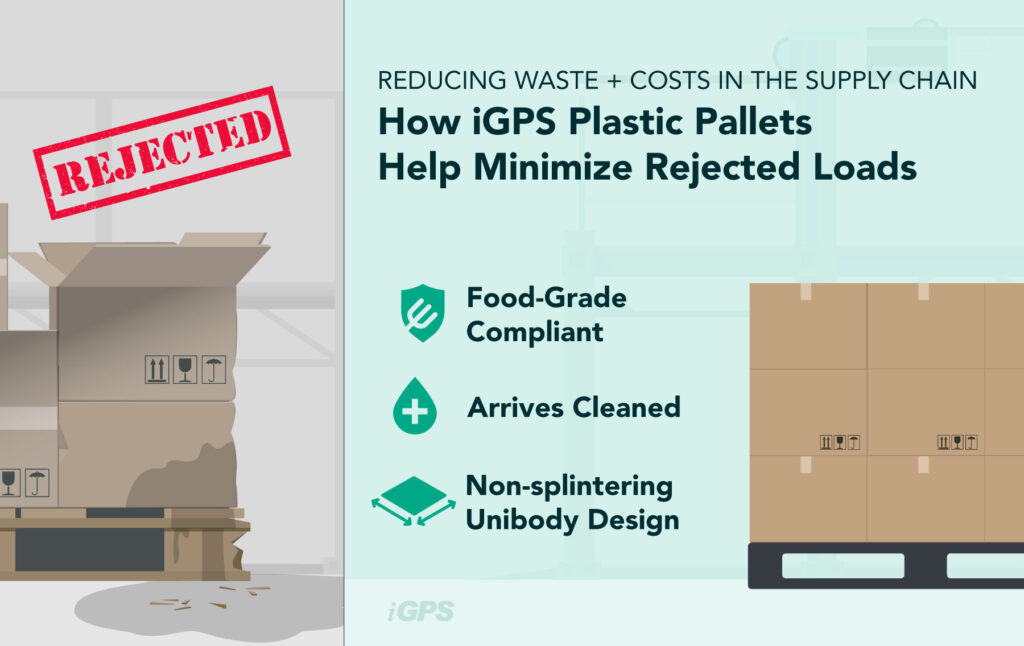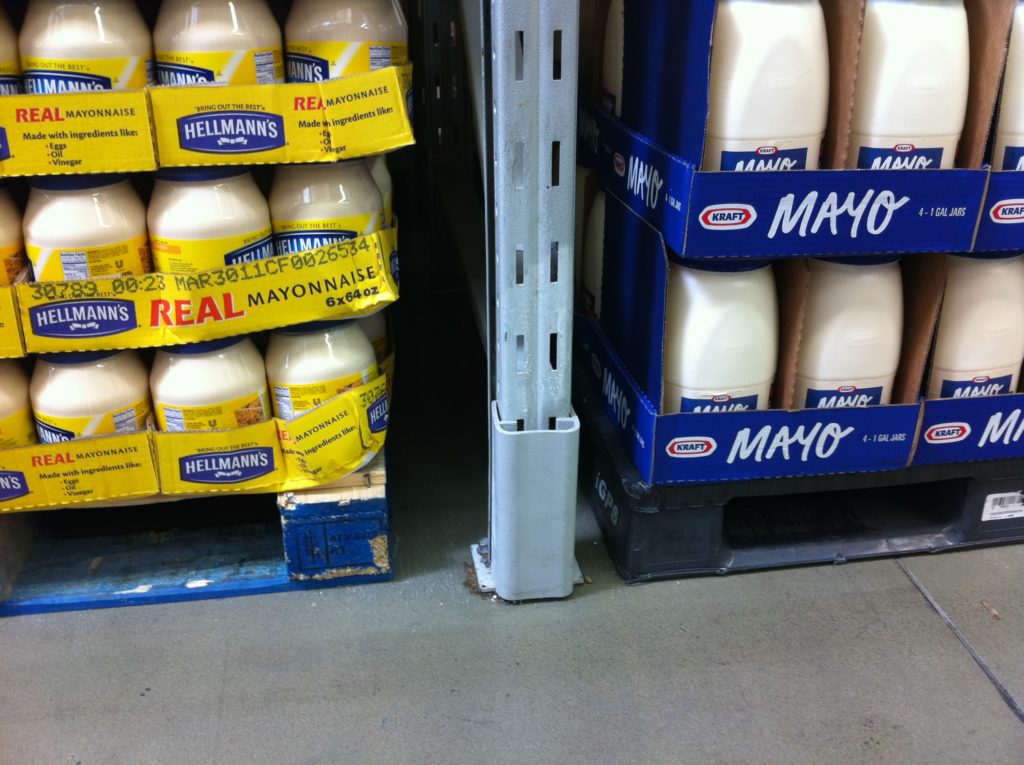Truckers in 2024 juggle tight deadlines and sustainability concerns on every haul. Imagine their frustration when arriving after a long trip only to face a rejected load. These aren’t just headaches; they’re delays, extra costs, and unnecessary miles harming the environment. Even though rejected loads usually go back to the seller, convincing some sellers of this can be a real challenge. The difficulty intensifies when attempting to reach someone in the early hours, forcing truckers to waste valuable time idling.
The good news? We can do better. Clear communication between shippers and receivers can prevent mismatched information. Standardized quality protocols ensure everyone is on the same page. And modern technology can streamline the resolution process. These steps aren’t just good for efficiency; they create a smoother, more sustainable, and driver-friendly trucking experience for everyone.
Dealing with rejected loads puts sellers in a tough spot, too. A rejected load isn’t just a logistical headache, it’s a financial gut punch. In the better situations, they may have to settle for a reduced price compared to the initial agreement. However, the usual outcome is that sellers end up with nothing for a rejected load, aside from the potential for a tax write-off.
Dealing with Rejected Loads
Imagine a truckload of ripe strawberries heading across the country, only to be denied entry at the final destination. The harsh reality of rejected loads has long plagued the fresh food industry, which costs billions and highlights the intricate challenges of modern food logistics. A 2023 USDA report on fruit and vegetable supply chains recognizes the difficulties in preserving freshness and quality, highlighting the risk of financial losses associated with rejections. As a result, the USDA has invested an additional $25 million investment to prevent and reduce food waste.
Fresh produce journeys can end abruptly at the receiving dock, costing billions and revealing the fragility of modern food logistics. In the United States, roughly 33 percent of the food ends up going to waste, making it the leading contributor to landfills, according to the national non-profit ReFED. While this wasteful trend persists, a USDA report reveals that 34 million Americans struggle with food insecurity. This means that a significant number of people lack reliable access to an adequate amount of food for everyone in their household, and among them, one in nine are children.
Preventing Rejected Loads
Standardized quality protocols, improved communication, cold chain investments, and food rescue programs can offer solutions for a more resilient and sustainable food system, ensuring everyone has access to healthy, unspoiled food.

Ensuring the safety and integrity of perishable products is paramount for staying compliant with evolving food transport regulations. However, even the most diligent efforts can’t eliminate the possibility of a disputed load. If you face a suspected wrongful rejection, navigating the situation effectively hinges on clear and strategic communication.
When you suspect the buyer has unjustly rejected a shipment, the optimal approach is to engage in transparent communication:
- Notify: Let the buyer know the load complies with the agreement and safety rules. Offer to share those compliance records.
- Ask: Inquire about the reasons for rejection and request documentation, including photos or inspections, that showcase the issues.
- Request: Ask the buyer for the shipment destination and notify them about seeking cost recovery for delays in product movement.
- Inform: If there’s no response, communicate plans to send the load to a third party, place it in cold storage until a solution is found, or properly dispose of it at a local waste site.
Keeping track of paperwork and staying organized is critical to avoiding hasty cargo refusals. Maintaining clean transport conditions is another preventative measure. Yet, visual evidence like photos of stains, splinters, or debris can supersede procedural correctness and validly lead to load rejection. Notably, pallet debris carries the risk of foreign object contamination, making it a legitimate reason for rejection.
To minimize load rejections, ensure regular and thorough cleaning of vehicles and equipment in your carrier or fleet. Switching to easily cleanable, non-splintering shipping platforms, such as food-grade plastic pallets, that can prevent hygiene-related concerns and reduce product damage during transportation. Plastic pallets, especially when part of a pallet pool, arrive cleaned or disinfected, facilitating compliance with safety regulations and avoiding rejected loads in the supply chain.
Manufacturers seeking to prevent rejected loads of perishable goods can opt for iGPS plastic pallets for their logistics operations. Our shipping platforms have no protruding nails or splinters, so they flow easily through automated systems. For more information, contact us at 1-800-884-0225, email a specialist at switch@igps.net, or visit our contact page.



